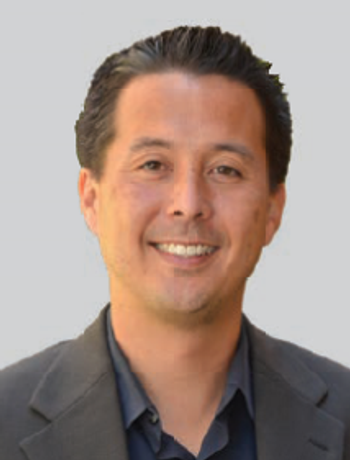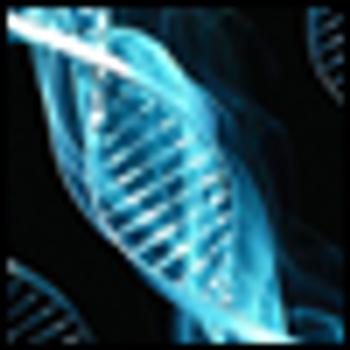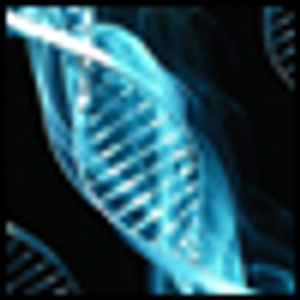
Joseph M. Pierre, MD
Articles by Joseph M. Pierre, MD


Malingering in clinical settings is usually motivated by an attempt to obtain care or social services (eg, hospital admission, medication, disability income) and often co-occurs with real mental illness, hence the dilemma.

The authors examine the literature on "quality of life" and how antipsychotics improve that for patients with schizophrenia.

This easy-to-read manual represents the author's concise views on how to achieve “more accurate” diagnoses with DSM-5, as well as when to avoid DSM-5 altogether.

When I was an undergraduate studying molecular biology in the early 1990s when the Human Genome Project had just begun, my required coursework included several lectures on the ethical implications of sequencing, understanding, and ultimately being able to manipulate the “code of life.”

>I greatly enjoyed Dr Ron Pies’ editorial “What Should Count as a Mental Disorder in DSM-V?”1 in which he encouraged framers of DSM-V to critically examine the boundaries of mental illness and to more carefully distinguish between diseases, disorders, and syndromes. As I have noted elsewhere, current plans to integrate a “spectrum” approach into DSM-V require a careful consideration of these issues that must be defensible to critics of diagnostic expansion within psychiatry.2

My first job after residency involved working at a large Veterans Affairs hospital in an outpatient dual diagnosis treatment program that focused on the comorbidity of schizophrenia and cocaine dependence. Having recently completed a chief resident position at the same hospital’s inpatient unit that focused on schizophrenia without substance abuse, I was struck by how “unschizophrenic” my new patients were. They were organized and social. Their psychotic symptoms were usually limited to claims of “hearing voices,” for which insight was intact and pharmacotherapy was readily requested.

While an antipsychotic medication is the first step of treatment for schizophrenia, it is increasingly recognized that comprehensive care requires the integration of adjunctive therapies and attention to long-term treatment goals.
Latest Updated Articles
 Essentials of Psychiatric Diagnosis: Responding to the Challenge of DSM-5
Essentials of Psychiatric Diagnosis: Responding to the Challenge of DSM-5Published: June 27th 2014 | Updated:
 Quality of Life and the Case for Antipsychotics
Quality of Life and the Case for AntipsychoticsPublished: September 5th 2016 | Updated:
 A Psychiatry of Tomorrow: DSM-5 and Beyond
A Psychiatry of Tomorrow: DSM-5 and BeyondPublished: June 25th 2010 | Updated:
 “What Do You Mean, I Don’t Have Schizophrenia?”
“What Do You Mean, I Don’t Have Schizophrenia?”Published: February 2nd 2009 | Updated:
 Challenging the "Dis-ease" Model
Challenging the "Dis-ease" ModelPublished: August 27th 2009 | Updated:
 Treatment Challenges in Schizophrenia: A Multifaceted Approach to Relapse Prevention
Treatment Challenges in Schizophrenia: A Multifaceted Approach to Relapse PreventionPublished: April 1st 2006 | Updated: